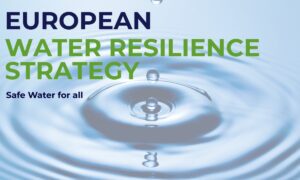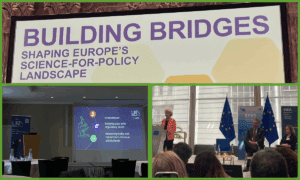A July press release of EFSA and a brief factsheet summarizes the conclusions of the agency on the controversial herbicide. The conclusions state that, while there are gaps in the data, concerns are not critical – therefore its approval can be renewed.
On the 18 July meeting of ENVI, EFSA director Bernard Url elaborated upon the findings, and on the process that led to them, as well as future steps. With regards to gaps, he explained that more data is needed for a complete risk assessment. With regards to biodiversity and microbiome, he highlighted that methodologies must be harmonised to reach definitive conclusions. Calling for more research is in line with the conclusions of the EuChemS workshop on glyphosate, held in the European Parliament in 2017, where it was established that more scientific evidence is needed to assess glyphosate’s possible negative effects and other serious concerns related to health, environment and biodiversity. On account on the process, he explained that the report is a product of a number of national competent authorities, acting as joint rapporteurs, as well as a public consultation and numerous stakeholder meetings. He also expressed gratitude for the high participation in the public consultation. ECHA Director Sharon McGuinness gave a brief account on ECHA’s assesment of glyphosate, on which EFSA’s report is based. McGuinness explained that the substance was assessed according to the Classification, Labelling and Packaging regulation (CLP)‘s guidelines, using the “weigh of evidence approach”. The assessment, stating that glyphosate is not carcinogenic, mutagenic or reprotoxic, was shared with the Commission on 6 July 2022. A Commission Representative said that the commission sees “no reason not to propose a license renewal”, as risk mitigation can address outstanding issues. However, the following Q&A session showed that the debate remains lively around glyphosate as MEPs were divided on the matter, many staunchly defending EFSA’s and ECHA’s scientific processes, while others criticising approving tha substance despite numerous gaps and potential risks.
EFSA’s report was shared in its entirety with the European Commission and member states on 6 June, in order to allow them to make informed choices regarding the substance. It is scheduled to be made publicly available this summer, while the background documents will be accessible later during the year, between August and October.



